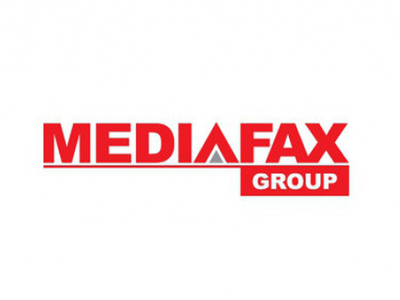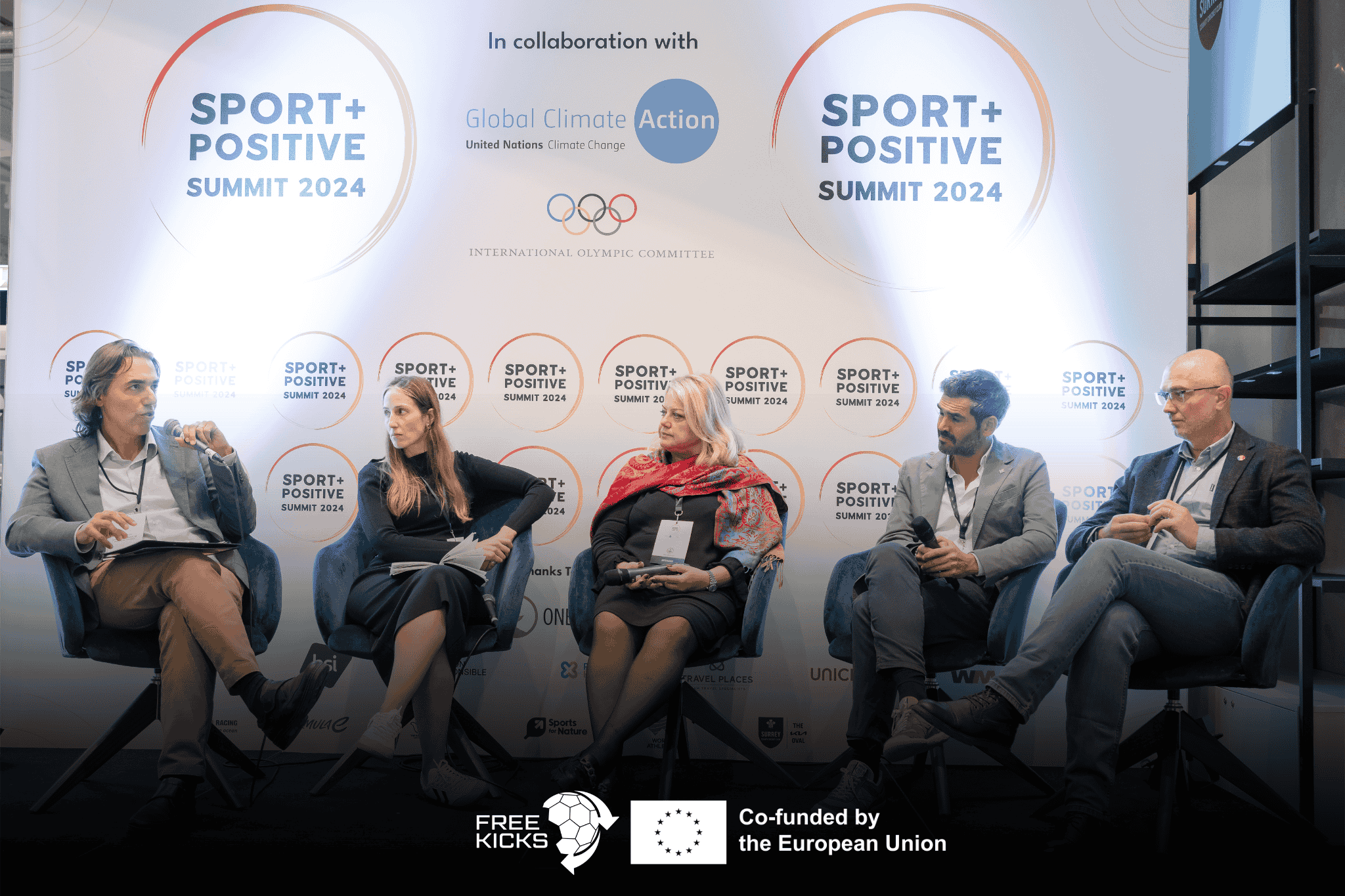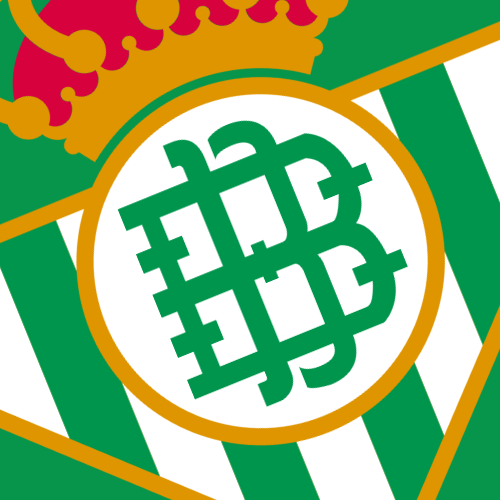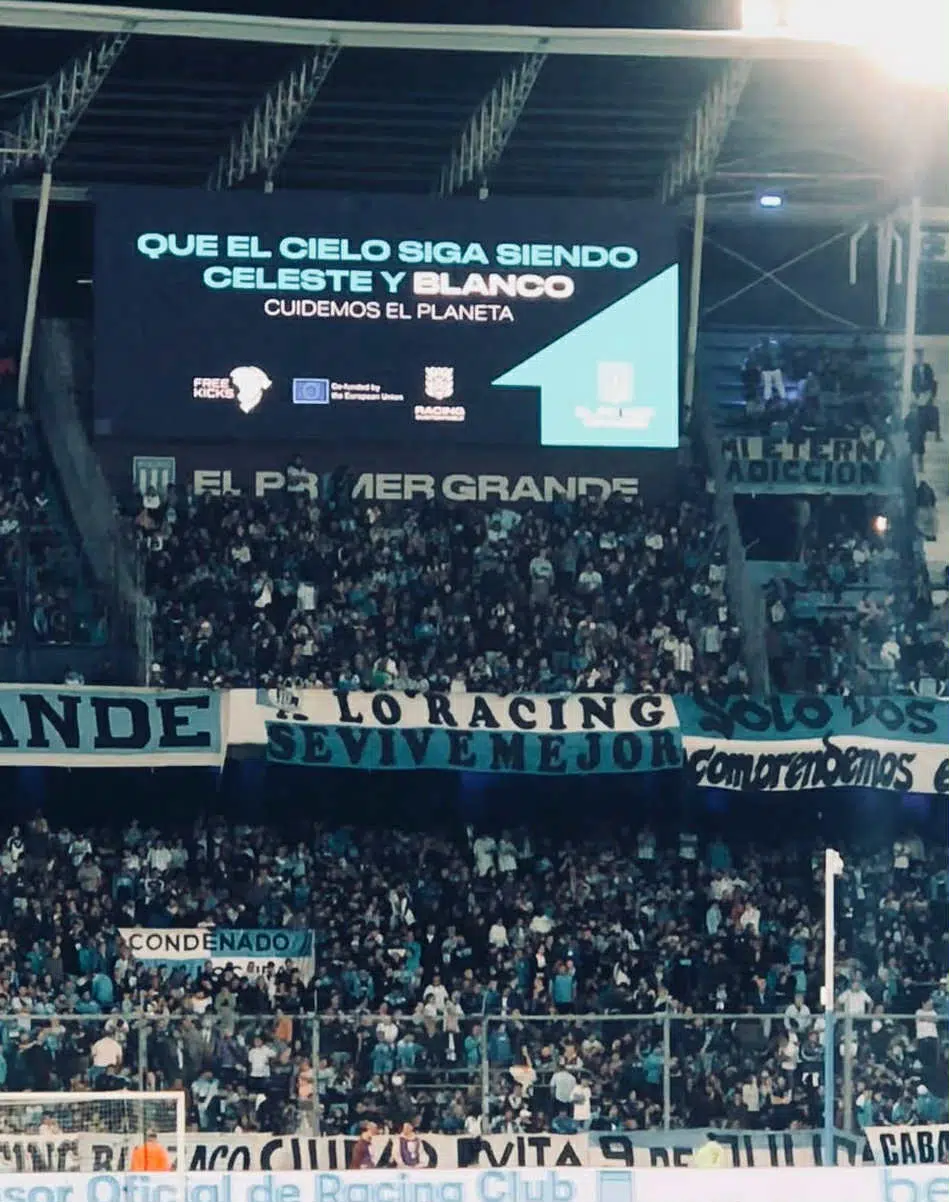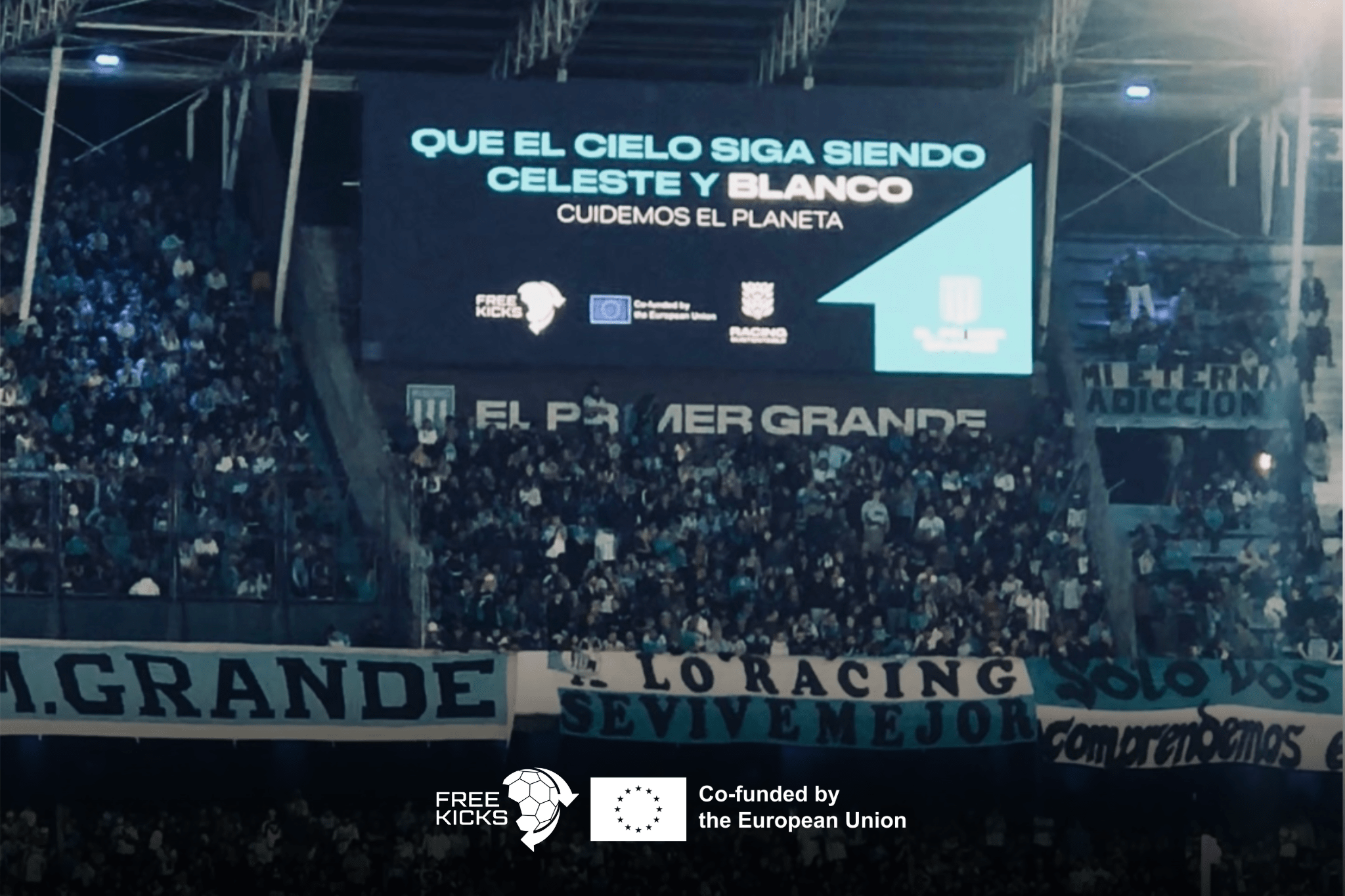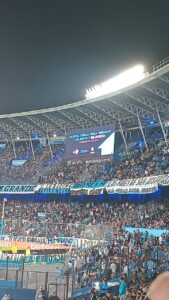News.ro: The Romanian Football Federation obtained the EMAS certificate to reduce its environmental impact

The Romanian Football Federation acquired the EMAS (Eco-Management and Audit Scheme) certificate in September, a management tool for evaluating, reporting and improving organizational strategies for protecting the environment, frf,ro announces.
The FREE KICKS project, co-funded by the European Union, supports football organisations in Europe in their transition towards a more sustainable approach to their activities. Alongside FRF, the project also includes major clubs such as FC Porto (Portugal), Real Betis (Spain), Malmo FF (Sweden) and Racing Club (Argentina).
In September, FRF successfully obtained EMAS certification, following the validation of its environmental statement. Through the FREE KICKS project, FRF received guidance at every stage of EMAS implementation – from the initial environmental analysis to the development of an environmental statement and the introduction of specific improvement measures.
Football, through its popularity, has a significant impact on the environment, such as greenhouse gas emissions from fan and team travel, the construction and operation of stadiums, and the substantial generation of waste.
Estimates suggest that global football activities contribute tens of millions of tonnes of carbon dioxide emissions annually. Effective management of this impact is essential for the long-term sustainability of the football sector.
“The Romanian Football Federation reaffirms on this occasion its firm commitment to a sustainable society and our responsibility towards the environment. FRF has adhered to the sustainable development objectives established through the 2030 Agenda, proof of this being the obtaining of ISO 14001 certification in 2023,” writes frf.ro.
